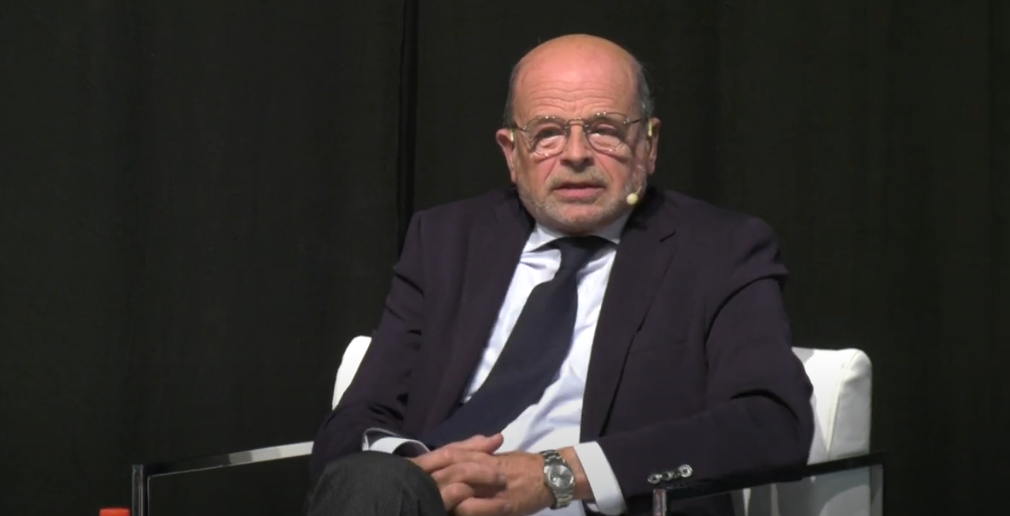ANAFRIC takes a position on the recent vote in the European Union on the imposition of tariffs on electric vehicles from China, highlighting its concern about the possible repercussions that this trade conflict could have on the pork sector.
The vote, which took place this morning, October 4, approved the imposition of tariffs of up to 35.3% on a number of Chinese car manufacturers. To block this measure, a qualified majority of Member States was required (15 countries representing 65% of the EU population), but only five countries voted against, ten in favor and twelve, including Spain, abstained.
The European Commission’s decision to investigate subsidised Chinese electric cars, which began in 2023, has triggered retaliation in the form of anti-dumping and anti-subsidy investigations against key European Union products, including pork, dairy products and spirits. This could have a direct impact on our exports to China, one of the main markets for the Spanish pork sector.

Negotiation as the only way
At ANAFRIC we insist that the only way to address this conflict is negotiation between the European Union and China. “Our sector cannot pay the consequences of a trade battle between the EU and China for control of the markets. It is essential that diplomatic solutions are found to prevent the European meat industry, and in particular the Spanish one, from being negatively affected,” says José Friguls, president of ANAFRIC.
The European Commission and China continue in talks to explore solutions that are compatible with the rules of the World Trade Organisation (WTO), according to the statement issued by the Commission. However, if an agreement is not reached before 30 October 2024, an Implementing Regulation will be published in the Official Journal of the EU containing the final findings of the investigation.
ANAFRIC reiterates its commitment to defend the interests of the pig sector and to closely monitor developments in this matter to ensure that the impact on our exports is as minimal as possible.
















